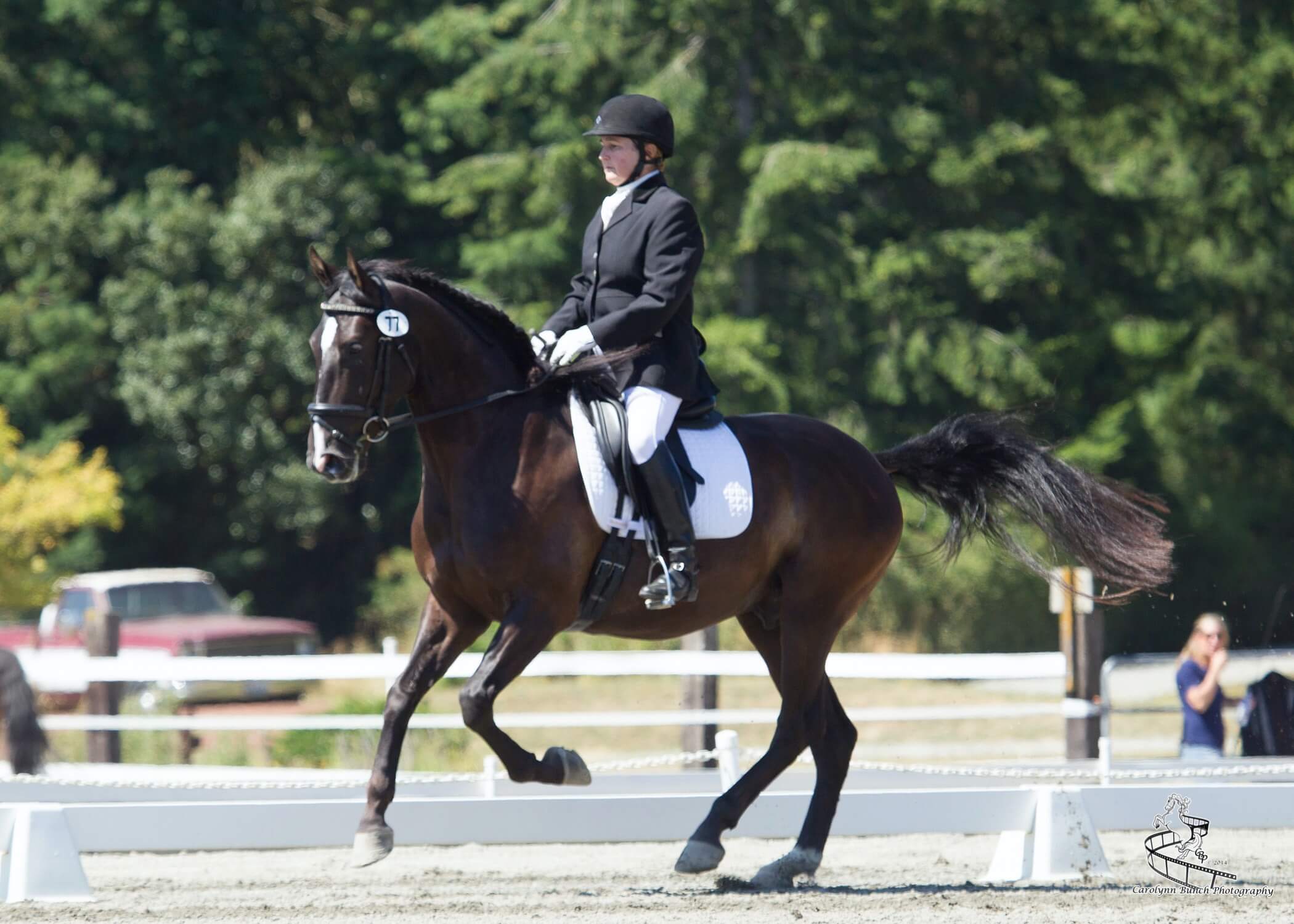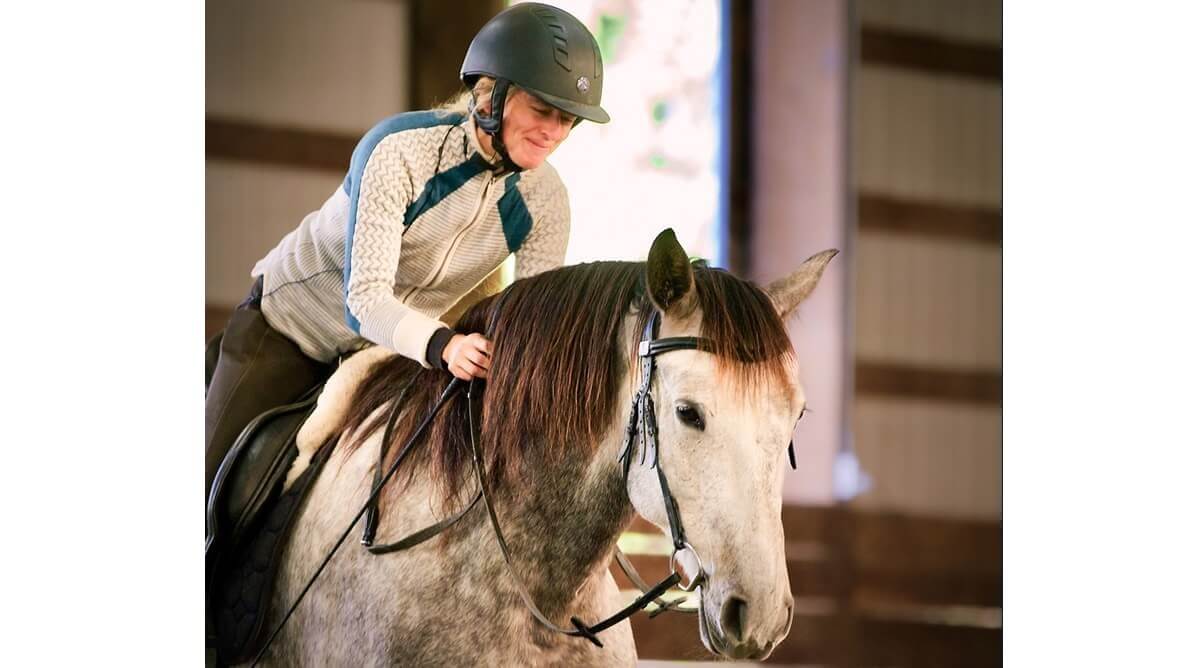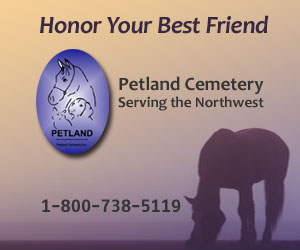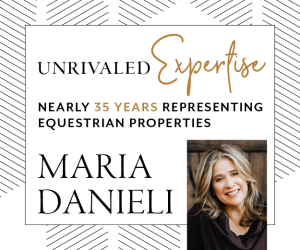Successful Riders are Not Always Good Teachers
Recently a video going around social media featured clips of a jumping lesson taught by an elite equestrian to a group of young riders. The trainer, a former world champion, repeatedly berated her students, yelled at them, and at one point said, “Either you don’t listen or you’re bird-brained.” She suggested the horses should be crashed into the fence or flipped over backwards (when they didn’t accept the rider’s aids to slow down), and said that horses “need a good licking now and then.”
I found myself tense and anxious just watching the video. The students seemed to try to do what was asked of them but were confused by the often-contradictory directions. The horses became more tense as the lesson progressed.
In the uproar over the video some people defended the trainer as “old school” and said she didn’t really mean what she said. They felt the fault was with the youth in the lesson because they were spoiled and not ready for such elite training. I disagree.
Words do matter, and a teacher should never say things they don’t mean. It’s an instructor’s job to teach, not tear down. When there’s confusion, teachers need to slow down, clarify, and break tasks into their elemental pieces to help students better understand—whether the student is human or horse. It’s never, ever okay to berate a student’s intelligence, and it’s never the horse’s fault.
I’ve had a few old school teachers. My jumping instructor throughout my youth was tough (she once pulled me off my horse because I was chewing gum while I rode) but she never told me I was dumb, useless, or couldn’t learn. She never yelled and she impressed on me that my first priority must always be my horse’s welfare and safety. She pushed her students, but we also had fun. I’m grateful for her quality instruction to this day.
The idea that making people (or horses) frightened in order to learn is wrong. Studies have shown horses (and people) learn better when they feel safe. Students should feel comfortable to ask clarifying questions and not be berated or run down, and the mental and physical state of the horse should always be carefully considered.
There are many excellent instructors to choose from in the horse world. Don’t waste your time and your money working with someone who makes you feel bad about yourself or your horse. You and your horse deserve to feel happy and accomplished at the end of every lesson with a clear sense of what is needed to improve.
See this article in the January 2024 online edition:
February 2024

Kim Roe grew up riding on the family ranch and competed in Western rail classes, trail horse, reining, working cow, and hunter/jumper. She trained her first horse for money at 12 years old, starting a pony for a neighbor.
Kim has been a professional dressage instructor in Washington state for over 30 years, training hundreds of horses and students through the levels. In recent years Kim has become involved in Working Equitation and is a small ‘r’ Working Equitation judge with WE United.
Kim is the editor of the Northwest Horse Source Magazine, and also a writer, photographer, and poet. She owns and manages Blue Gate Farm in Deming, Washington where she continues to be passionate about helping horses and riders in many disciplines.





